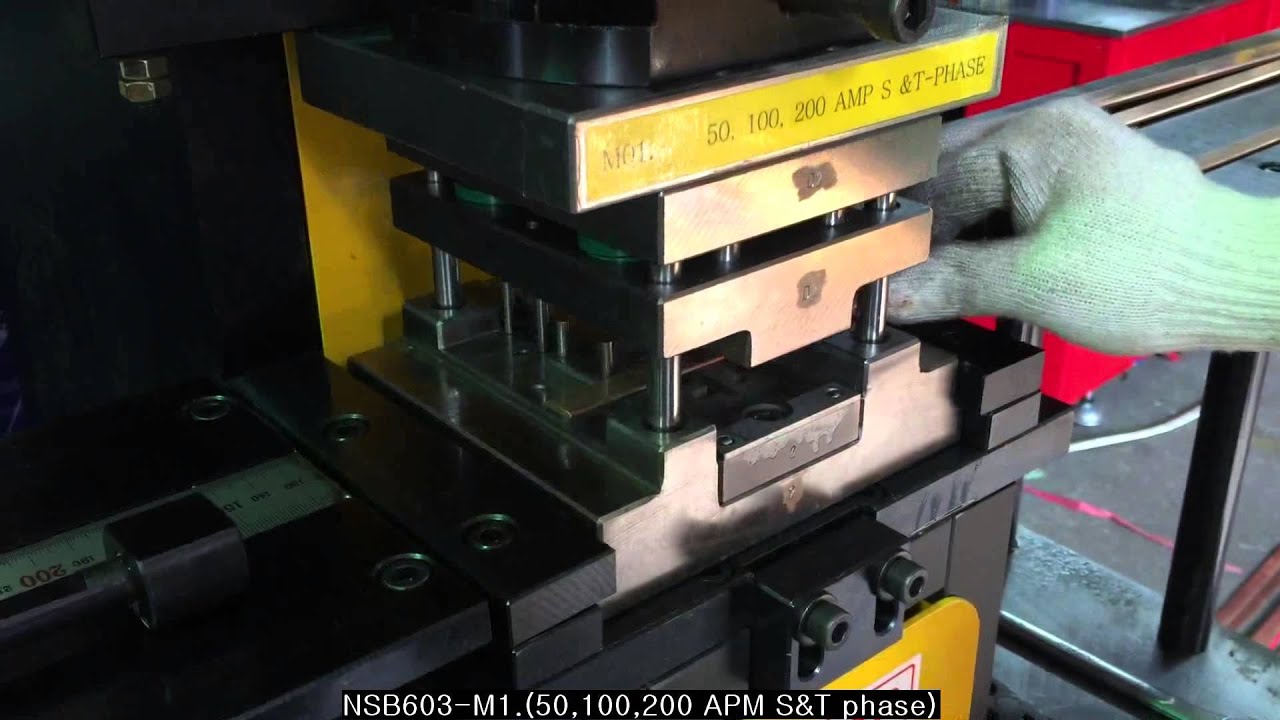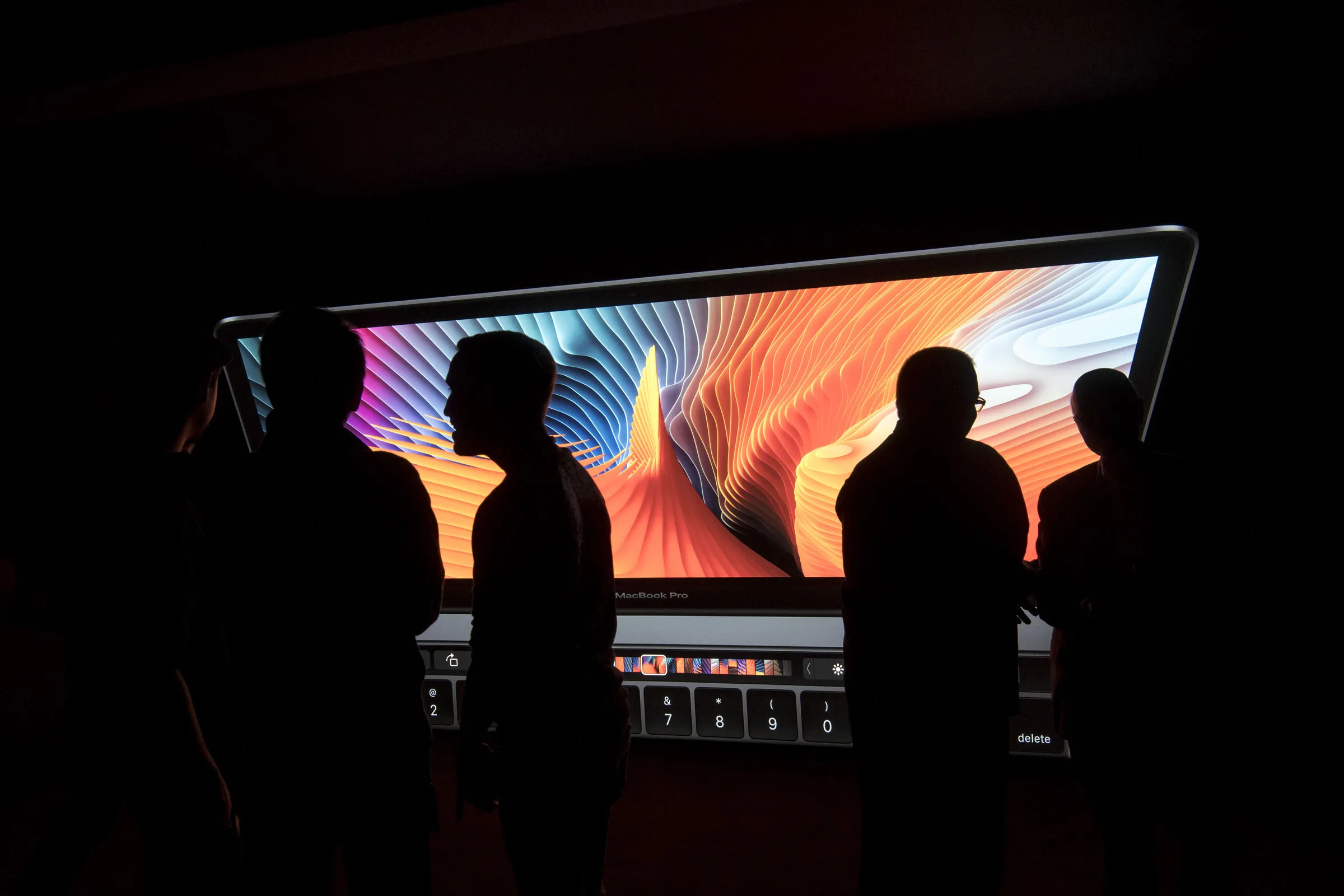In the age of rapid technological advancements, one of the most revolutionary innovations that have reshaped various industries is mbusbar bending machine achine learning. This cutting-edge technology has not only opened up new horizons for businesses but has also transformed the way we live and work. Machine learning, a subset of artificial intelligence, equips computers with the ability to learn from data and make informed decisions, just like humans. Let’s delve into how machine learning is making waves across different sectors.
In the healthcare sector, machine learning is proving to be a game-changer by enhancing diagnosis and treatment processes. Algorithms can analyze vast amounts of medical data, enabling healthcare professionals to detect diseases early, prescribe tailored treatments, and predict patient outcomes. This leads to more accurate diagnoses, optimized treatment plans, and ultimately, improved patient care.
Another realm where machine learning is thriving is in finance. Investment firms use predictive algorithms to analyze market trends, identify trading opportunities, and manage risks effectively. Moreover, banks utilize machine learning for fraud detection, which helps protect customers from financial fraud and maintain the integrity of the financial system.
Machine learning also has a significant impact on e-commerce. Online retailers employ recommendation engines that analyze customer behavior and preferences to offer personalized product recommendations. This not only enhances the shopping experience but also drives sales and customer loyalty.
In the realm of manufacturing, machine learning is optimizing production processes. Predictive maintenance models help manufacturers identify when equipment is likely to fail, reducing downtime and maintenance costs. Additionally, quality control systems use machine learning to identify defects in real-time, ensuring products meet the highest standards.
The automotive industry is undergoing a major transformation thanks to machine learning. Self-driving cars, which rely heavily on machine learning algorithms, are poised to revolutionize transportation. These vehicles use sensors and machine learning to navigate safely, potentially reducing accidents and traffic congestion.
Machine learning is also revolutionizing customer service. Chatbots powered by machine learning are increasingly being used to handle customer inquiries and provide instant support, improving response times and customer satisfaction.




